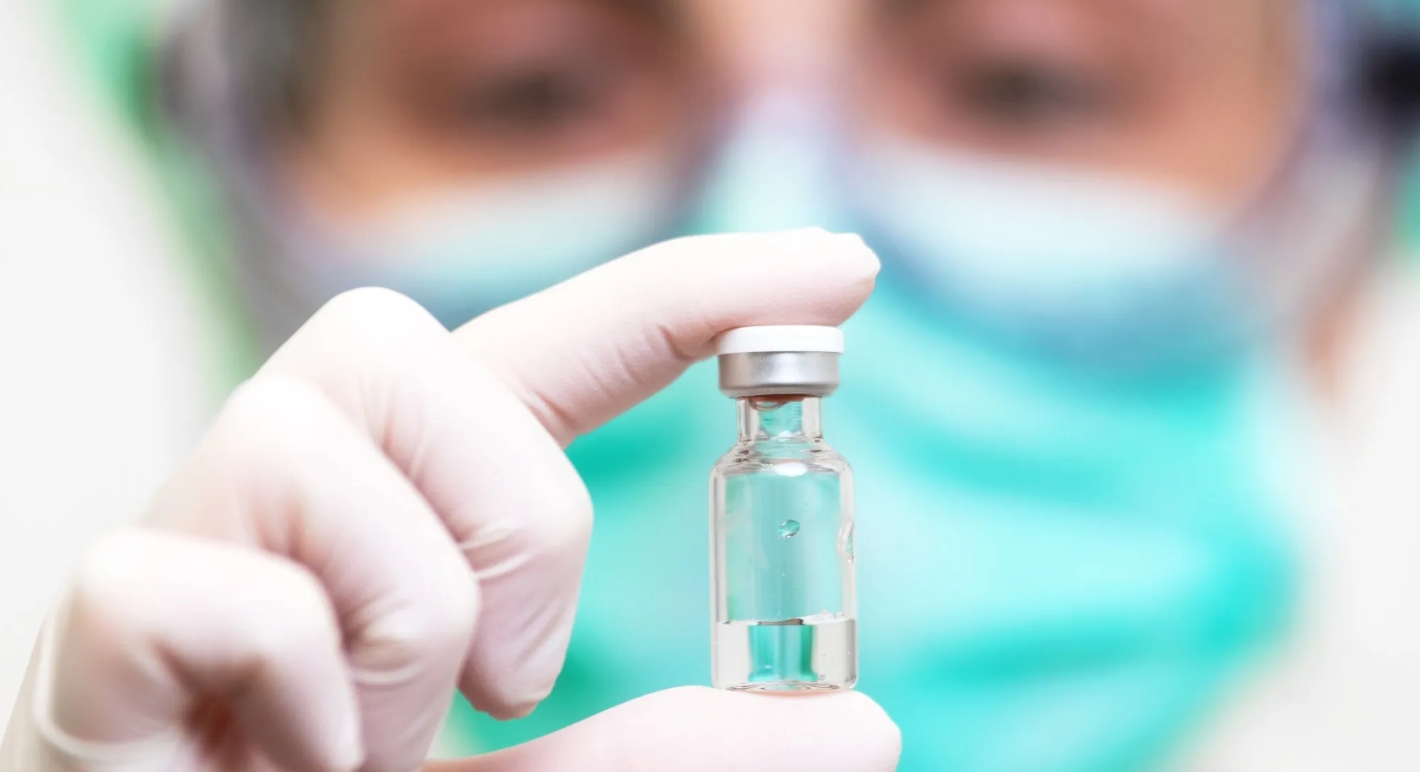
image credit- shutterstock
South Korea-based SK bioscience, a global innovative vaccine and biotech company, has received approval from the Human Research Ethics Committee (HREC) in Australia for the clinical trial protocols of a Phase 1/2 trials for its mRNA-based Japanese encephalitis vaccine candidate, GBP560.
SK bioscience is establishing its mRNA vaccine platform through the development of vaccines against Japanese encephalitis virus as well as Lassa fever virus.
The Japanese Encephalitis Virus (viral family: Flaviviruses) and Lassa fever vaccines (viral family: Arenaviruses) will serve as prototype vaccines that could potentially be adapted in a matter of weeks for use against a future Disease X that might emerge from those same viral families. This approach is key to the 100 Days Mission, a global goal to accelerate the development of vaccines against pandemic threats to just over three months.
This joint project is based on an agreement with the Coalition for Epidemic Preparedness Innovations (CEPI), which committed up to $40 million initial funding (approximately KRW 57.4 billion) in funding in 2022 to support preclinical and early clinical trials. A further $100 million in funding could be made available at a later date to support late-stage trials/licensure to further validate the mRNA platform and have it ready for use in outbreak situations.
According to global market research firm 'Nova One Advisor', the global mRNA therapeutics market is projected to surpass around $58.90 billion (approximately KRW 84.5 trillion) by 2033, registering a CAGR of 17.06% by 2033.
The company will evaluate the immunogenicity and safety of GBP560 in 402 healthy adult participants in Australia. In stage 1, the participants will receive two shots of low, medium, high-dose vaccine, or a control vaccine administered 28 days apart. Based on the stage 1 results, the optimal dosage and regimen will be determined for further assessment of the immunogenicity and safety compared to the control group in stage 2.
During the Phase 1/2 trials, SK bioscience plans to confirm neutralising antibody titers and immune responses, along with collecting data on major adverse events, safety indicators, and the rate of adverse reactions. The company aims to secure interim results by 2026.




